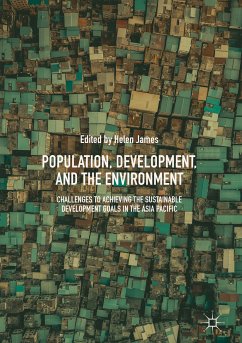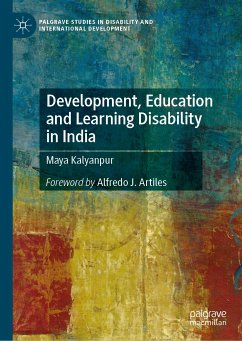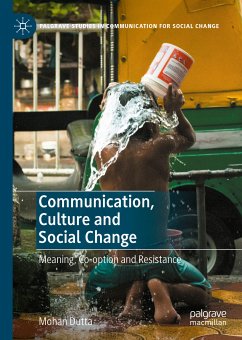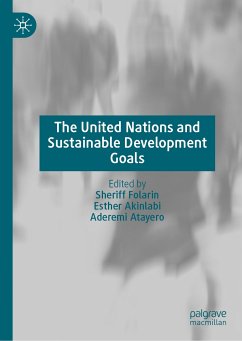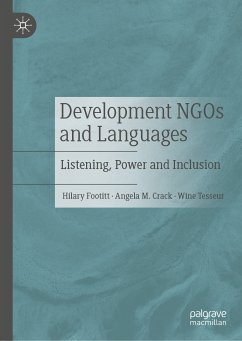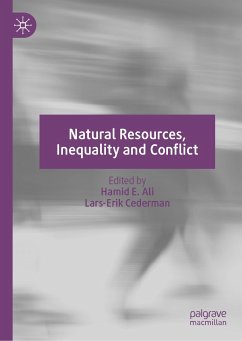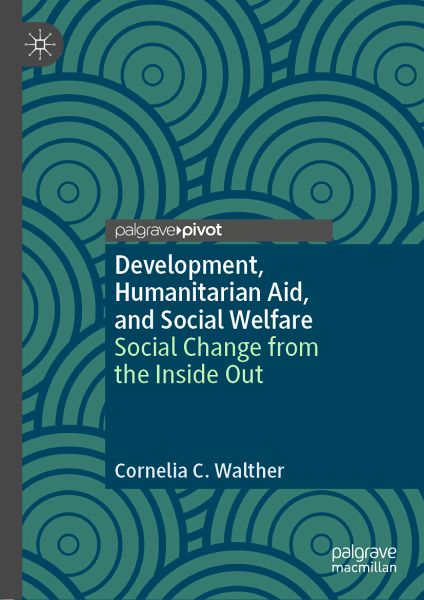
Development, Humanitarian Aid, and Social Welfare (eBook, PDF)
Social Change from the Inside Out
Versandkostenfrei!
Sofort per Download lieferbar
40,95 €
inkl. MwSt.
Weitere Ausgaben:

PAYBACK Punkte
20 °P sammeln!
This book examines how human behavior is shaped by our aspirations, emotions, thoughts and sensations, and conversely, how the experiences that result from our behavior impact ourselves, others and the planet. Based on an analysis of the constant interplay between these four layers, it offers practical solutions to systematically induce sustainable social change dynamics. It shows why change, in addition to economic and political transformation at the macro level, begins with mind-shifts at the micro level. Hereby it establishes the missing link between investments in personal empowerment and ...
This book examines how human behavior is shaped by our aspirations, emotions, thoughts and sensations, and conversely, how the experiences that result from our behavior impact ourselves, others and the planet. Based on an analysis of the constant interplay between these four layers, it offers practical solutions to systematically induce sustainable social change dynamics. It shows why change, in addition to economic and political transformation at the macro level, begins with mind-shifts at the micro level. Hereby it establishes the missing link between investments in personal empowerment and collective welfare. A novel theoretical paradigm is the foundation of this book, which is anchored in the perspective of an ongoing 'body-mind-heart-soul connection.' Based on the premise that an equitable society is to the benefit of everyone, it is argued that efforts made for others have benefits at three levels - for the individual who acts, the one who has been acted for and for society.
Dieser Download kann aus rechtlichen Gründen nur mit Rechnungsadresse in A, B, BG, CY, CZ, D, DK, EW, E, FIN, F, GR, HR, H, IRL, I, LT, L, LR, M, NL, PL, P, R, S, SLO, SK ausgeliefert werden.



